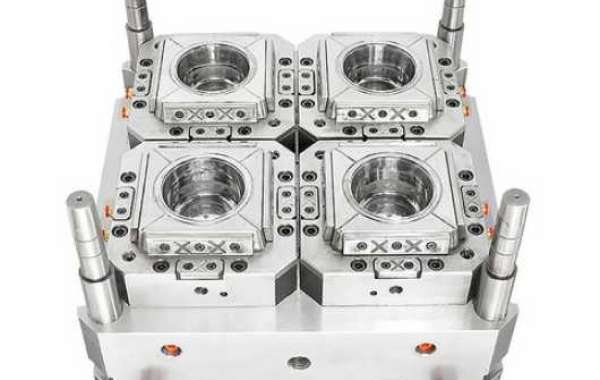A medical injection molding machine is a specialized piece of equipment designed for the production of medical devices through the injection molding process. These machines are engineered to meet the unique requirements of manufacturing medical-grade plastic components with precision, consistency, and efficiency.
One of the key features of medical injection molding machines is their ability to maintain tight control over various parameters such as temperature, pressure, and injection speed. This ensures the quality and integrity of the molded parts, which is critical for meeting the stringent regulatory standards and performance requirements of the medical industry.
Additionally, medical injection molding machines are equipped with advanced automation and monitoring systems to enhance productivity and reliability. Automated processes such as mold loading, injection, cooling, and ejection streamline production and minimize human error, resulting in higher yields and lower production costs.
Moreover, these machines are designed to accommodate the specific needs of medical-grade plastics, including materials with high biocompatibility, sterilization capability, and chemical resistance. This allows manufacturers to produce a wide range of medical devices, from disposable syringes to implantable components, with confidence in their safety and performance.
Furthermore, medical injection molding machines undergo rigorous testing and validation to ensure compliance with regulatory standards and industry best practices. This includes validation of process parameters, documentation of manufacturing procedures, and adherence to quality management systems such as ISO 13485.
In conclusion, medical injection molding machines play a crucial role in the production of high-quality medical devices, offering precision, consistency, and reliability. With ongoing advancements in technology and manufacturing techniques, these machines will continue to drive innovation and improvement in the medical industry, ultimately benefiting patients and healthcare providers alike.








